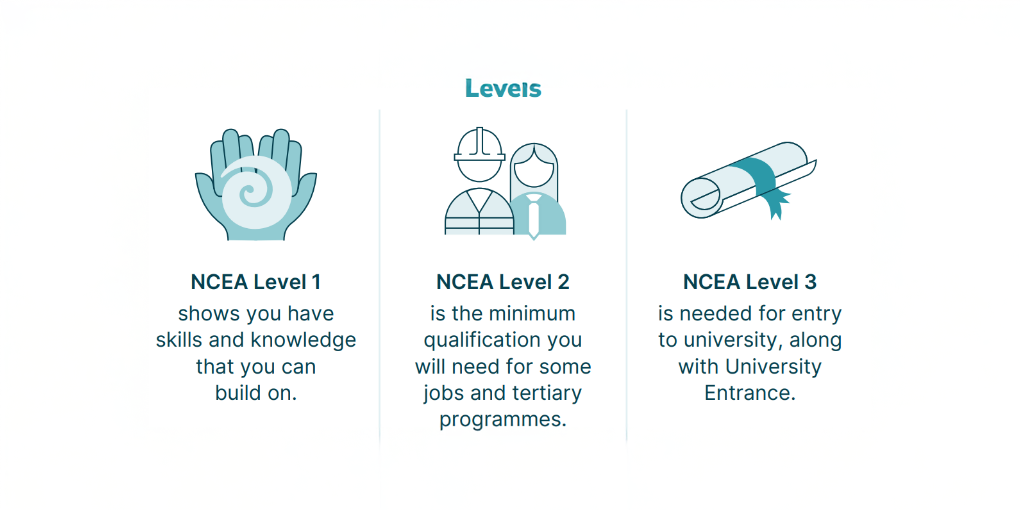
You are logged in as
Logout
You are logged in as
Logout
Dear Parents and Caregivers
I cannot emphasise enough just how important parents’ help is to their child’s successful navigation through the ‘NCEA waters,’ particularly at this year level. Knowing at least a little bit about the workings of NCEA, being interested in what students are doing, being aware of when they have assessments due and tests to sit, helping them to manage their commitments, both in-school and out-of-school, checking on their results and progress towards their gain of NCEA, and maybe keeping them honest with the setting of some academic targets is so helpful for all students.
In this newsletter, I begin by reminding you about the upcoming NCEA Common Assessment Activities (CAAs) that will take place in Week 4 of this term. This assessment will highlight the importance of a student having a working NZQA Learner Login and it will show again why device readiness is such a big expectation of all our students when it comes to the CAAs.
In the interests of all students being planned about their academic programme this term, another reminder is given about the Term Assessment Calendar and I also remind you of the ‘shape’ of the evolving academic year for students with a particular focus on how this short 9-week term will ‘unfold’ for your child.
Further on, I will outline a couple of our key policies regarding internal assessment – extensions, the provision of medical certificates, and authenticity, with particular emphasis on how generative AI should be used with students’ learning and assessment. I will also round off the details of the additional awards that are available in NCEA Level 1, specifically, course endorsement.
Our important mid-year academic reports process will soon get under way, during which time all students will have a report written about them by each of their teachers and a summary comment from their tutor. In this newsletter you can read about what we report on and what you can expect in your child’s report feedback – the timelines are tight, but we stick to them so that we can report to all parents by the end of this 9-week term.
Finally, I would like to give a ‘push’ for the NZQA website which is becoming a valuable resource for students and parents when wanting to know about the NCEA qualification. It is, of necessity, comprehensive, and well worth paying a visit to when you want to know something specific about NCEA. Of course, my role is to know as much as possible about NCEA, but it is a website that I refer to very frequently when I find a gap in my knowledge!
At all times, please feel free to contact me via email with any questions that you may have about NCEA at DBV@stac.school.nz.
Kind regards
David Bevin
Head of Teaching and Learning

(from NZQA)
Literacy and numeracy are foundational skills. Other learning is based on literacy and numeracy, and we use these skills in our daily lives. They're also an important part of NCEA.
Literacy or te reo matatini is the ability to read, write and speak. Numeracy or pāngarau is the ability to use mathematics in daily life.
External Literacy and Numeracy CAAs are digital-first, which means students complete the assessments on a computer.
Students have a minimum of 60 minutes to complete each assessment. But they can take as long as they need provided the assessment is delivered in a single session.
Schools manage the delivery of Literacy and Numeracy CAAs. They decide when to deliver an assessment, but it must be during the 2-week assessment periods we set.
(National) Common Assessment Activities – Thursday 22 and Friday 23 May (window 1)
In 2024, Literacy – Reading and Numeracy were assessed as students worked towards completion of the 20-credit Literacy/Numeracy requirement for the new NCEA – for background, please click here.
In 2025 – the remaining assessments:
Literacy – Writing will be sat by all Year 11 students and is the third of the three standards to be sat and achieved for LitNum.
Literacy – Reading – Students who did not gain the requirement will have another opportunity to do so, starting with window 1.
Numeracy - Students who did not gain the requirement will have another opportunity to do so, starting with window 1.
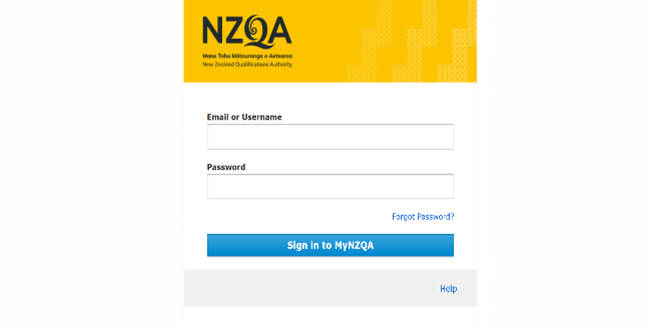
In my meeting with the Year 11 students on Thursday 1 May, students will be reminded about remembering their login details that they set up to access the 2024 Common Assessment Activities. Any student who has not already set up their login will be shown how to do so early in the term. Students will not be able to access the 2025 assessments if they have forgotten their details so must be sure to check that all is working in the leadup to Thursday 22 and Friday 23 May. The College does not provide backup login details if a student has forgotten their username and password.
Note – most NCEA Level 1 examinations are digital and will require students to access the papers, using their Learner Login details. It’s essential that the students set up access details that they can remember!
Throughout the year, students will be completing internal assessments digitally and as already stated, in Term 4, most Level 1 NCEA examinations will be digital only. For all these assessments, students will be required to use their device which will be expected to be in good working condition and able to last the full length of a 3-hour examination. The College will not be providing backup devices unless absolutely necessary, so the onus is on students to maintain their device so that it can be relied upon throughout the year. Students have already been informed of this, and I would ask that you once again check with them so that you are reassured about the readiness of their device, the battery life especially.
Below are some images from the NZQA website and you are encouraged to click on the links to read about NZQA’s programme for increasing online assessment for NCEA.

|
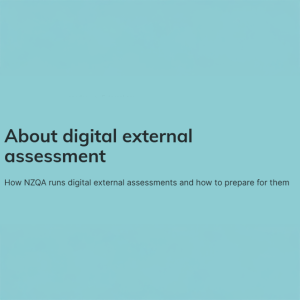
|
This very important calendar provides overview information about what assessments are on when, according to each Year level. Please note that assessment programmes are of necessity a little ‘fluid’ and therefore dates sometimes change; teachers are expected to keep students and parents informed of such changes so please understand that what is on the Calendar, while it’s accurate, is not ‘set in stone’. The Calendar, available on the intranet by clicking here provides an important way of helping your student to programme their commitments term-by-term.
Note – the Term 2 version of the calendar is fully up to date, and you can see a screen shot of what that looks like below.
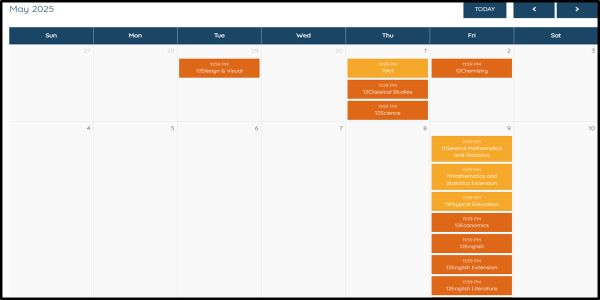
Coming back to this model that outlines students’ academic year and that I showed you last term, below is what the whole year looks like with a particular focus on this term. It is clear that, once again, assessment figures strongly in our students’ lives. I encourage you to talk with your child about the assessments that they have coming up this term – with the term being just 9-weeks in length, the pressure will be on students to keep up with the work and meet their deadlines, especially if they are leading busy lives outside of school!
| Term | Length (weeks) | What's Happening | Be Aware Of | Check For |
| 1 | 10 |
Summer tournament week – Week 9 Parent-Teacher interviews – Weeks 9–10 |
set up for learning understanding NCEA amount of internal assessment likely manageable watch time management and develop good study habits device readiness for completing assessments and examinations |
Course Outlines (incl. assessment progress) on intranet Term Assessment Calendar for dates on intranet Talk/s from Mr Bevin and NCEA newsletters (x 2) on NCEA tab |
| 2 | 9 |
A ‘clear’ term for lots of assessments Week 4 Common Assessment Activities (LitNum) Mid-year reports Week 5 |
sports and cultural events happening increasing internal assessment and possibly challenging time management skills high-stakes NCEA assessment event |
Term Assessment Calendar for dates incl CAAs on NCEA tab Talk/s from Mr Bevin and NCEA newsletters (x 2) Teachers’ feedback in reporting |
| 3 | 10 |
More internal assessment Internal assessment ends mid- September Winter tournament Week 7 Prelim examinations Weeks 8–9 (preparation for NCEA) and Common Assessment Activities (LitNum) |
internal programmes finish last week of term assessment pressure building challenging time management skills and prioritisation impact on momentum of work of Winter tournament week? pressure of Prelim examinations (for derived grades) |
Term Assessment Calendar for dates incl CAAs (during Prelims) on NCEA tab Prelim examinations timetable (late August) on NCEA tab Post-Prelims academic conference (end of term) |
| 4 | 3 (+1 day) |
External submissions uploaded or sent away (e.g. DVC, Art) School ends Monday 3 November Level 1 NCEA examinations start 10 November. (Year 11) – 2 ½ weeks long |
completion of programmes pressure of revising for, and sitting, NCEA examinations final day Monday 3 November |
NCEA examinations study leave NCEA examinations timetable (10 – 26 November for Level 1) |
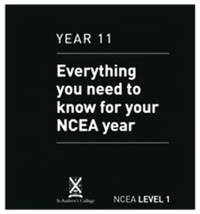
We have clear rules and procedures for students to follow covering many matters including student absence from an internal, late submission and breaches of authenticity and these are all detailed in the student copy of the ‘Rules and Procedures’. All students received their own copy of the ‘R & P’ in March in their tutor times; they must read them as the rules must be, and are, applied in all assessments.
NCEA DOCUMENTS FOLDER >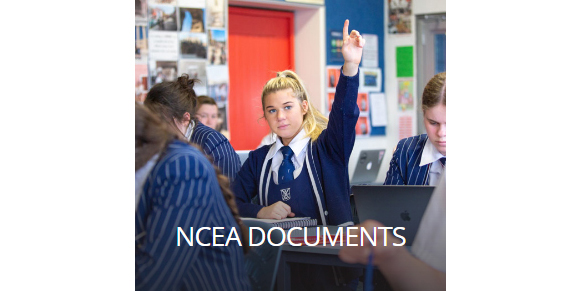
The successful management of NCEA relies on both teachers and students following the rules regarding internal assessment. Basically, we have four ‘golden rules’ that students must follow if they wish to successfully accumulate their grades and credits towards their NCEA achievement targets. The rules are detailed in the ‘Rules and Procedures’ as follows in this screen shot.
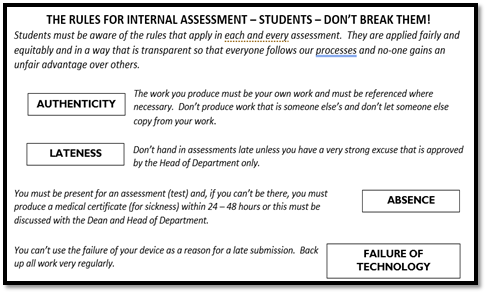
The rules can be further summed up this way:
Students should note that it is very rare for us to vary these rules and, unless there are exceptional circumstances that apply to a particular situation, these rules will be fully applied.
Academic integrity underlies the rule regarding authenticity. The rule regarding lateness requires students to meet deadlines and to not be casual about doing so. If a student is legitimately absent, they must prove that there is an acceptable reason for being so and that must be attested to by an independent professional such as a doctor. Finally, students are typically very capable of blaming their devices and various systems so we simply put the onus on them to ensure that their device is always functioning well, and we require them to back up their work so that, if there is a system failure, they can still retrieve the work and submit it on time. In short, these rules are about ensuring honesty in our system; they have proven to be very robust and effective and provide a great deal of integrity in our NCEA process.
Issues around extensions and absence from assessments occur every year and have begun to occur already so it is important for you to know that we have clear processes and rules for managing those issues so that assessment is fair to all students. Students simply cannot just hand in an assessment late or not turn up to a test without having a valid, and approved, reason. They must follow our procedures in this area.
In mid-March, this post was placed in each year level’s Teams page providing the link to the online form for applying for an extension in an NCEA assessment. Our process is very simple, and I can confidently say that it is working well.

For medical conditions, students must provide a medical certificate as part of their application; if they do not, they will not have an extension. This is non-negotiable on the school’s part.

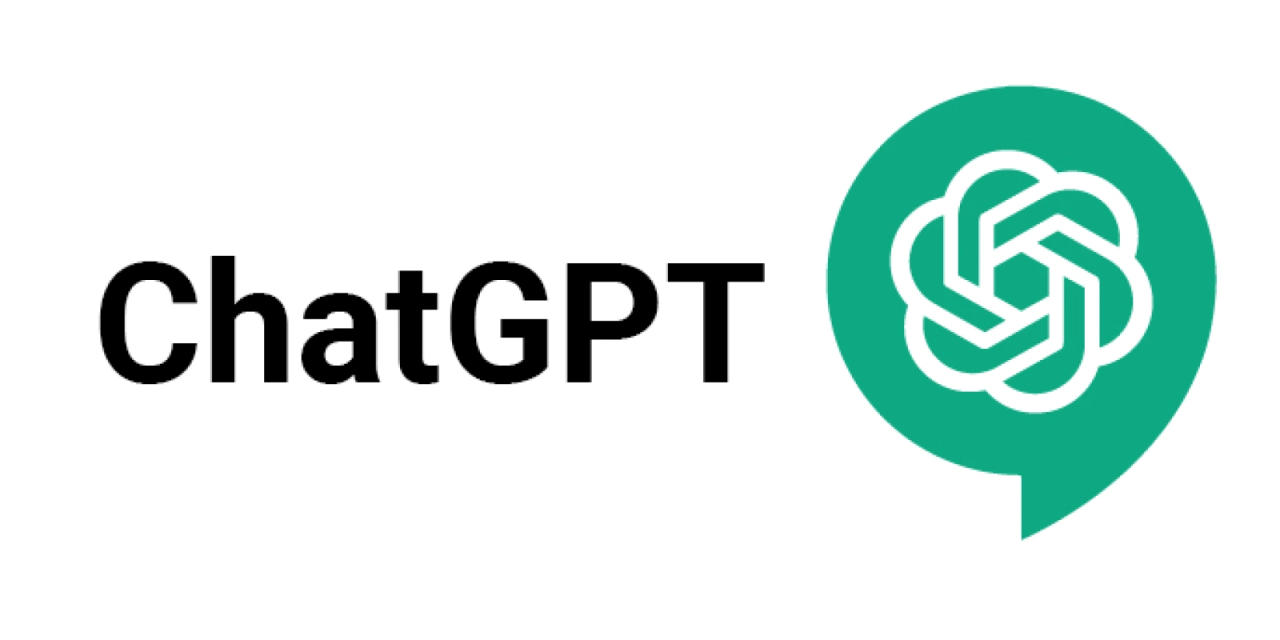
Greetings! We are delighted to present our school parent newsletter, dedicated to discussing our decision not to incorporate Chat GPT into NCEA internal assessments. Join us as we delve into the reasons behind this choice, highlighting the importance of human interaction, authentic learning experiences, and fostering critical thinking skills in our students. (ref: Chat GPT)
In the NCEA ‘Rules and Procedures’ booklet, the rules regarding ‘Authenticity’ have been very clearly explained, along with the ‘penalty’ for a breach in this area. In addition, late last term, students received an email with a link to an online statement that they were asked to digitally sign to confirm their understanding of, and agreement with, our rules and processes in this area, especially regarding the use of generative AI in assessment.
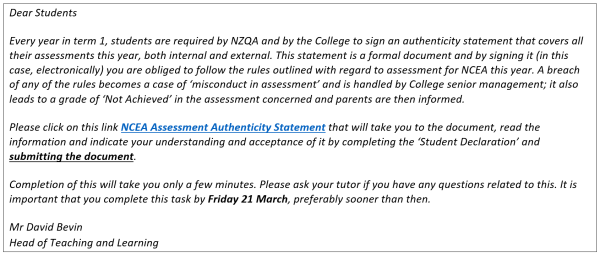
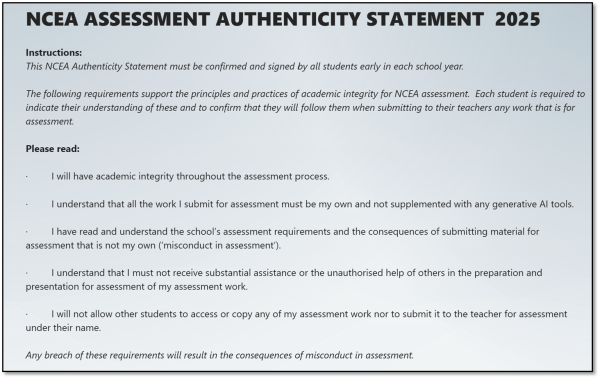
Course Endorsement is usually harder to gain and requires a mixture of internal and external assessment success. It is an award that is applied to individual subjects that are run by an individual school. Again, Merit and Excellence grades and their associated credits are accumulated.
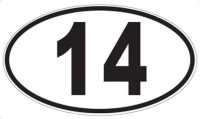 To gain Excellence endorsement in, say, Mathematics (as an example), a student must gain at least 14 credits at Excellence level BUT part of this must come from at least 3 Excellence credits in an internal and at least 3 Excellence credits in an external.
To gain Excellence endorsement in, say, Mathematics (as an example), a student must gain at least 14 credits at Excellence level BUT part of this must come from at least 3 Excellence credits in an internal and at least 3 Excellence credits in an external.
To gain Merit endorsement in, say, English, a student must gain at least 14 credits at Merit or Excellence level BUT part of this must come from at least 3 Merit or Excellence credits in an internal and at least 3 Merit or Excellence credits in an external.
To gain ‘Achievement’ endorsement in a subject, as part of the 14 credits gained, a student must have gained at least the level of ‘Achievement’ in standards while still not meeting the requirements for Merit or Excellence.
The ‘external’ requirement means that the exam (or, for example, an externally assessed portfolio such as in Visual Arts) has extra importance in course endorsement.
Course endorsement is only awarded in the academic year (that is, it cannot be accumulated over more than one year).
A small number of students will have a course with sufficient assessment opportunities for them to gain both Level 1 and Level 2 (and Certificate Endorsement) in the same year – this will usually only be students who are doing three subjects at each level this year. If a student would like to know more about this, they should contact me directly so that I can provide more details about this... it’s a bit complicated for busy parents to absorb!
The nature of the NCEA structure means that students can set different targets for their NCEA achievement to work towards – this can be a very motivating factor for a student aiming to do their very best academically. All students should set as a minimum target the gain of NCEA Level 1 – they do, after all, know the 60-credit requirement, don’t they? Along with the target of the gain of NCEA, certificate endorsement and subject endorsement provide a means for students to have a good direction for their achievement and to aim as high as they can. Looking further ahead, the gain of various ‘targets’ becomes very significant for students such as the gain of UE and specific subject gains for tertiary study are important so starting now on a form of target-setting related to NCEA awards is a good idea and something for you to encourage your students with. I do know that some parents even create their own financial ‘awards’ for their students to work to as a form of motivation and acknowledgement of effort and achievement
Through Term 2, teachers will be writing mid-year academic reports for all Year levels. In those Reports, teachers will provide feedback on students’ progress to date and on their achievement levels.
For NCEA subjects, achievement will be described particularly with NCEA grades which will be either final, summative internal assessment results and/or formative external assessment results which have the status of being only ‘indicative’ (obviously not final as those results are gained in the NCEA externals). While being ‘only formative,’ such results still provide useful feedback on a student’s progress in meeting the requirements of the external Standard.
The College academic reports are made available to you through the Community Portal. There, they are found under the ‘Documents’ tab, then ‘Student Reports’.
At this stage of the year, these reports provide a good view of how your student is progressing in terms of their attitude, effort, attendance and NCEA achievement as follows:
![]()
Fortnightly Feedback Average
The subject report provides an average score which provides an indication of your student’s attitude and effort in the subject to date. At St Andrew’s, we consider that NCEA academic achievement is not only about academic capability. It is also greatly helped by a student’s attitude towards their learning in the subject and the effort that they put in in, and outside, the class.
Attendance
There is a clear correlation between a student’s attendance in class and the opportunity for high(er) academic achievement. The subject report provides an overall attendance percentage figure to date.
Subject Grades (Estimated/Indicative and Summative Results)
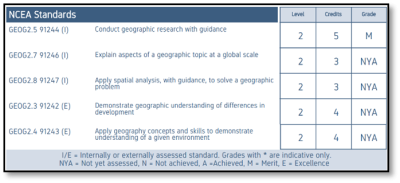 The subject report provides results for assessments in standards that make up the course. At this time of the year, it is not at all unusual to see at least a few ‘NYA’ (Not Yet Assessed) ‘grades’ in the report as there is still a significant amount of course time to go and, therefore, assessment. Teachers are allowed, and are encouraged, to provide an indicative/estimated grade in a standard that indicates how a student is progressing in a standard even if it is not fully assessed at the point of writing. These grades act as feedback on how (well) a student is progressing in the standard and are always subject to change; because there is room for change in a student’s understanding of, and performance in, a standard by the time it is fully completed in an assessment, the estimated grades are merely indicative. On the report, such grades are indicated by an ‘*’. Final summative results for internals do not have the ‘*’.
The subject report provides results for assessments in standards that make up the course. At this time of the year, it is not at all unusual to see at least a few ‘NYA’ (Not Yet Assessed) ‘grades’ in the report as there is still a significant amount of course time to go and, therefore, assessment. Teachers are allowed, and are encouraged, to provide an indicative/estimated grade in a standard that indicates how a student is progressing in a standard even if it is not fully assessed at the point of writing. These grades act as feedback on how (well) a student is progressing in the standard and are always subject to change; because there is room for change in a student’s understanding of, and performance in, a standard by the time it is fully completed in an assessment, the estimated grades are merely indicative. On the report, such grades are indicated by an ‘*’. Final summative results for internals do not have the ‘*’.
Teacher Subject Comment
It is our belief that students must develop the skills, dispositions, and characteristics to lead their own learning both at and beyond school. Increasingly, in learning at the College, the key competencies of managing self, thinking, using language, symbols and texts, relating to others, and participating and contributing are taught alongside curriculum content and skills because they provide the students with the means to develop into an effective learner beyond being ‘only’ a student of, for example, French! Therefore, in the report, teachers are asked to comment on the student as a learner, that is, on how well they engage with their learning, how well they understand what they are learning, what strategies they successfully bring into their learning and what a student could do next to further improve as a learner in the subject. It is primarily about teachers providing meaningful feedback on students’ learning.
The NZQA website is a treasure trove of resources to do with NCEA and other national qualifications. The student Learner Login is located on the website and is the ‘portal’ through which students access their official assessment results and qualifications records. The website is where students access online examinations and Common Assessment Activities in particular. Other things such as previous years’ assessments are available along with many other assessment resources. It is built to be used by all our ‘stakeholders’ i.e. teachers, students, parents.
LITERACY AND NUMERACY RESOURCES >
NZQA WEBSITE >